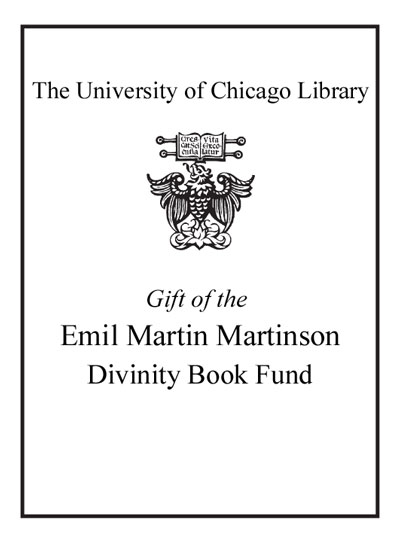Review by Choice Review
This is the first of two volumes intended to serve as a lens or dictionary, tracing the range of ways thinkers have handled basic categories of human experience. Ziporyn (Univ. of Chicago Divinity School) attempts to search out the basic roots and examine the journeys of prominent thinkers. He begins with questions of coherence, e.g., what a thing is, and how things hang together. One example of the search would be to ask, in all possible contexts, "why indigenous Chinese thought had no doctrine of essences as early Greeks did?"; Plato and Aristotle, for example, attempted to search out definitive identities, individual substances, and universal essences. The author's second aim in this volume is to uncover the prehistory of the character and development of Li, which over time brings to the fore the East's and the West's fundamentally disparate ways of thinking, comparing the roots of ontology, ethics, and epistemology as related to coherence. Chapters range from "Essentials, Universals, and Omnipresence" to "The Yin-Yang Compromise." Summing Up: Recommended. Upper-division undergraduates and above. J. M. Boyle emerita, Dowling College
Copyright American Library Association, used with permission.
Review by Choice Review

